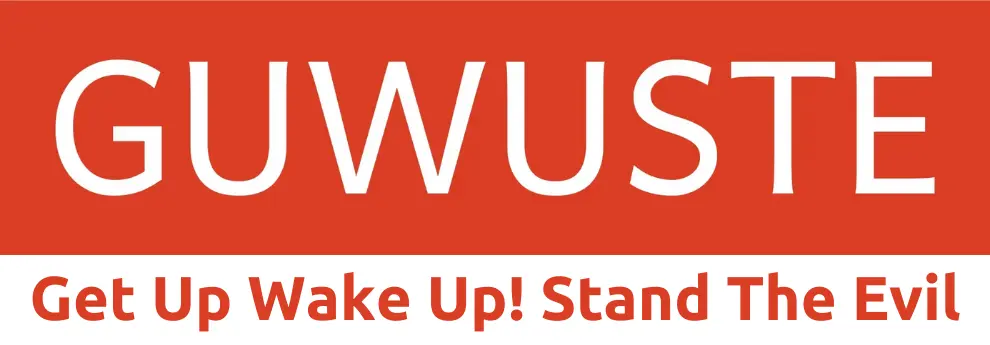NATO’s 5% Military Spending Target Is a Threat to Humanity
27 Jun 2025
- Share:

In the Arms Race Amid Crises, NATO’s 5% Military Spending Target Threatens Humanity
While the world struggles with disasters, poverty, and social collapse, NATO’s 5% military spending target announced in The Hague disregards humanity’s real needs. It represents insidious decisions that threaten global peace and social welfare, not merely budgetary issues but deeply shaking our ethical, political, and social structures. It signals the footsteps of an era where war is sanctified and diplomacy is sidelined.
Historical Background: The Rise of Militarism and Trump’s Pressure
The 5% military spending target is not accidental; it is the result of years of militarist pressure. Trump’s harsh criticisms of NATO members form the basis of this decision. He repeatedly scolded NATO countries for underinvesting in their militaries and pressured them to reach the controversial 2% GDP threshold. Now, under Trump’s influence, the imposition of a 5% target, which even the U.S. has not reached, is not about defense but global bullying and militarism.
Economic and Social Costs: From Welfare State to Military State
The 5% target means systematic cuts in public budgets for social services. Vital areas such as education, health, social security, and combating the energy crisis become victims of the arms race, weakening societal welfare. While European, North American countries, and Turkey cut public services, taxpayers are forced to divert more money to prepare for war disasters that will kill millions.
Currently, NATO countries do not spend more on military than on health or education. However, if the 5% target is realized, 21 countries will allocate more budget to weapons than to schools, health, and many essential services. For countries like Turkey facing economic bottlenecks, this means the collapse of the welfare state and deepening poverty.
Crisis of Social and Political Legitimacy: Democracy, Media, and Information
The determination of military budgets behind closed doors, away from transparency, leads to decisions eroding democratic oversight. This is the imposition of political elites who are disconnected from the will of the people, the voice of global elites, arms lobbies, and Cold War mentalities. Mainstream media presents military spending as a “national interest,” marginalizing critical voices and rendering opposition invisible.
To this end, alternative views are criminalized and labeled as “foolish idealism,” creating asymmetry in access to information. The public’s perception of security is shaped in service of institutional elites’ interests, distancing society from a true understanding of security and keeping it under constant threat.
NATO’s Expansion and the Logic of Perpetual War
The alliance’s desire to expand from 12 founding members to 32 has escalated tensions rather than brought peace. The promise of Ukraine’s NATO membership triggered the brutal war between Ukraine and Russia. While conflicts continue in Gaza and NATO countries send more weapons to Israel, the lack of concrete steps for peace deepens global instability. The diversion of public resources to the war economy endangers humanity’s shared future.
Turkey’s Critical Role and Options
Turkey, with its geopolitical position and military strength, has the potential to be a balancing actor within NATO and an architect of regional peace. However, the 5% military spending target will strain economic and social balances. For 2024, with a GDP of approximately 1 trillion dollars, allocating over 50 billion dollars solely to armament equals nearly a quarter of the central government budget, potentially leading to cuts in social rights and strengthening militarist reflexes. Moreover, the suppression of critical voices in media and politics reduces social awareness and weakens Turkey’s potential for mediation and peacebuilding. Strengthening ethical and participatory governance models in domestic politics and international arenas is crucial for preserving economic and social stability and sustaining regional peace.
Alternative Security Understanding: Peace, Solidarity, and Global Cooperation
True security is not achieved through tanks and missiles but through strong communities, global cooperation, and urgent actions addressing common crises. Disaster resilience and social welfare must take precedence over military spending; peace economy and ethical governance models should be developed. Participatory democracy, fair access to information, and community-based governance will form the most effective resistance against militarist domination, securing not only defense policies but the holistic welfare of society.
Conclusion: Awakening and Call to Action Against Insidious Plans
NATO’s 5% military spending target is not just a budget issue; it is part of the complex Great Reset plan threatening humanity, societies, and the planet’s future. The plan fosters continuous conflict, not peace; polarization, not solidarity. The Turkish people and the entire world must awaken, question, and act against this danger. Examples ranging from civil disobedience to cultural resistance in Turkey and worldwide develop and strengthen struggle methods. To save the future, we must resist together and invest in peace, not weapons.
SADİ ÖZGÜL






